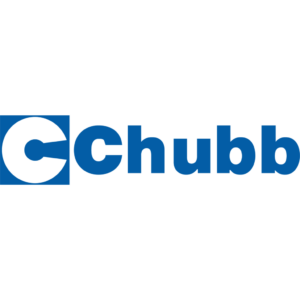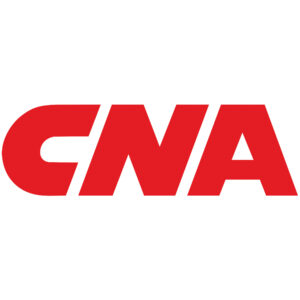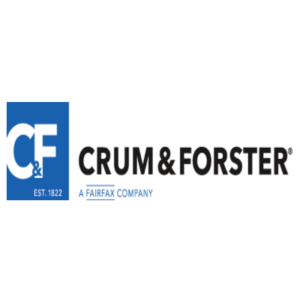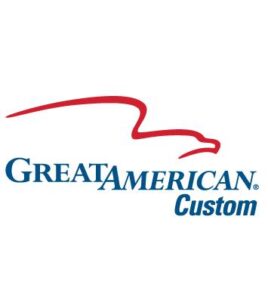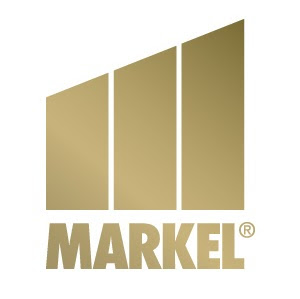HVAC Insurance
Protect your business with HVAC insurance for uninterrupted comfort
Get the HVAC insurance you need – whether for heating or cooling
HVAC insurance, short for Heating, Ventilation, and Air Conditioning insurance, is a specialized type of coverage tailored to protect businesses and professionals in the HVAC industry. HVAC contractors, technicians, and businesses that install, maintain, or repair heating, cooling, and ventilation systems rely on this insurance to safeguard against the unique risks and liabilities they face.
HVAC insurance typically includes coverage options like general liability, which protects against third-party claims for bodily injury or property damage, and property insurance, which covers HVAC equipment, tools, and vehicles. Additionally, it may include coverage for errors and omissions, workers’ compensation, and pollution liability, addressing the various challenges that HVAC professionals encounter. This insurance is crucial for maintaining the financial stability and reputation of HVAC businesses, allowing them to focus on delivering efficient and reliable services to clients while minimizing potential financial risks.
Specialized HVAC insurance tailored to your industry
Specialized HVAC insurance is a tailored coverage package designed exclusively for businesses and professionals in the Heating, Ventilation, and Air Conditioning (HVAC) industry. This insurance recognizes the unique risks and challenges faced by HVAC contractors, technicians, and companies, offering comprehensive protection. It typically includes coverage for:
General Liability: Protection against third-party claims for bodily injury, property damage, or advertising injury that may occur during HVAC work.
Property Insurance: Coverage for HVAC equipment, tools, and supplies, ensuring that expensive assets are protected from damage or theft.
Errors and Omissions (E&O) Insurance: Safeguards against claims of professional negligence, mistakes, or errors in the design or installation of HVAC systems.
Workers’ Compensation: Required in most jurisdictions, workers’ compensation insurance covers medical expenses and lost wages for employees injured on the job.
Commercial Auto Insurance: If HVAC professionals use vehicles for business purposes, this insurance covers accidents, property damage, and liability associated with company vehicles.
Pollution Liability: Important for HVAC work involving refrigerants, this coverage addresses environmental liability claims resulting from refrigerant leaks or contamination.
Contractor’s Equipment Insurance: Offers additional protection for specialized HVAC tools and equipment used on job sites.
Business Interruption Insurance: Provides financial support if a covered event, such as a fire, disrupts HVAC business operations, leading to lost income and ongoing expenses.
Surety Bonds: Bonds provide assurance to clients that HVAC projects will be completed as agreed, offering financial protection to clients in case of non-performance.
Cyber Liability Insurance: Protects against data breaches, cyberattacks, and unauthorized access to client information, including notification expenses and legal fees.
Legal Expense Insurance: Covers legal expenses associated with disputes, contracts, or legal matters arising in the HVAC industry.
Commercial Insurance Quote
The Importance of Workers’ Compensation Insurance for HVAC Businesses
Workers’ compensation insurance is a must for HVAC (Heating, Ventilation, and Air Conditioning) businesses and professionals for several important reasons:
Legal Requirement: In most jurisdictions, workers’ compensation insurance is a legal requirement for businesses with employees. HVAC companies typically employ technicians, installers, and other personnel who may be exposed to workplace hazards. Failing to carry workers’ compensation coverage can result in fines, penalties, and legal consequences.
Employee Protection: HVAC work involves various physical tasks, including installation, repair, and maintenance of HVAC systems, which can carry inherent risks. Workers’ compensation provides essential protection to employees by covering medical expenses, rehabilitation costs, and lost wages if they are injured or become ill due to work-related activities.
Financial Stability: Without workers’ compensation insurance, HVAC businesses may be financially responsible for covering the medical bills and wages of injured employees out of pocket. This can strain a company’s finances and potentially lead to financial instability or bankruptcy.
Attracts and Retains Talent: Offering workers’ compensation coverage demonstrates a commitment to employee well-being and safety. It can help HVAC companies attract skilled technicians and retain experienced staff who are more likely to work for businesses that prioritize their safety and financial security in case of workplace injuries.
Mitigates Lawsuits: Workers’ compensation insurance is a no-fault system, meaning that employees are generally not allowed to sue their employer for workplace injuries in exchange for guaranteed compensation. Having this coverage can prevent costly and time-consuming legal disputes and potential lawsuits.
Covers Occupational Hazards: HVAC professionals may be exposed to various occupational hazards, including the risk of falls, electrical shocks, burns, or exposure to refrigerants. Workers’ compensation insurance provides coverage for injuries resulting from these hazards.
Protects Business Reputation: In the event of a workplace injury or illness, workers’ compensation helps ensure that injured employees are taken care of promptly and fairly. This can preserve the reputation of the HVAC business and maintain trust with clients and the community.
Compliance with Industry Standards: Many HVAC industry associations and organizations require members to have workers’ compensation coverage as part of their membership criteria. Compliance with industry standards may be essential for networking and gaining client trust.
In summary, workers’ compensation insurance is a crucial component of risk management for HVAC businesses. It not only ensures legal compliance but also protects employees, stabilizes finances, and helps maintain a positive reputation within the industry and the community. By providing financial support and medical care for injured workers, it demonstrates a commitment to employee safety and well-being, which can contribute to the overall success and longevity of HVAC companies.
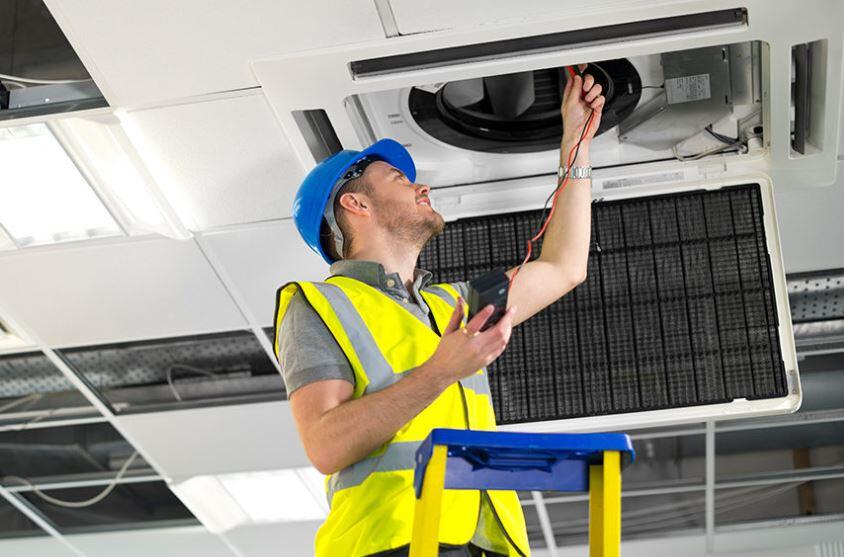
As an HVAC company, protecting your business with an insurance policy is crucial.
Reach out to us for a personalized consultation and explore the coverage options that suit your specific needs.
Companies We Work With




